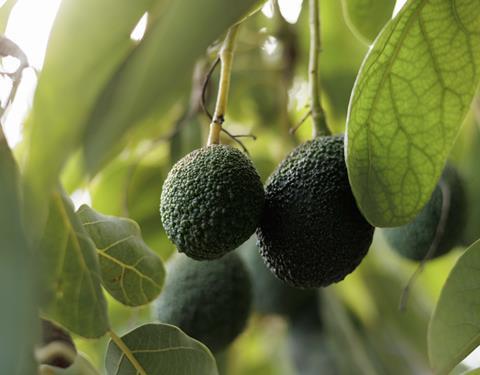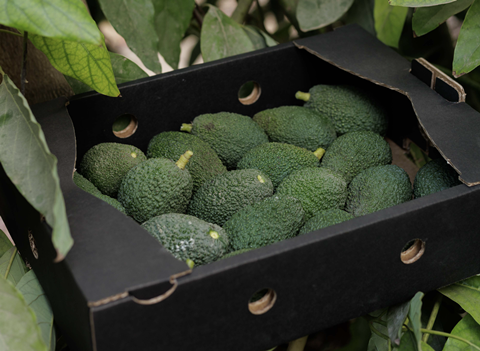Suppliers eyes strategic growth in avocado production, taking advantage of Egypt’s advantageous supply window that largely avoids the dominant producers

Egyptian avocados are on the rise, according to producer-exporter Pico, which is leading the charge with plans to significantly expand its plantations in the coming years.
According to business unit manager Mohamed Ashraf, the company has taken a long-term approach to establishing avocados as a viable and strategic crop in Egypt.
“We started trials in 1997, trialling many varieties to see what suits Egypt and what doesn’t,” Ashraf explained. “The first commercial plantations started around 2010. Since then, we’ve built up a deep understanding of the crop, the market and the varieties best suited to our environment.”
Although Egypt does not offer ideal growing conditions – avocado trees generally thrive in tropical climates – Ashraf said Pico had successfully adapted. “We are subtropical, not tropical, so not the preferred environment for avocados,” he said. “But it’s good enough to produce the quality and sizes that the market demands.”
Pico currently grows both green-skin and black-skin varieties, with 65 per cent of its area dedicated to Hass, mainly for Europe, and the remainder for green-skin varieties such as Fuerte and Pinkerton, destined for markets in North Africa, the Gulf and Asia.
“Europe is our main market for Hass,” said Ashraf. “Green skins go mostly to regional markets. We’re planning to double our area over the next four years while keeping the same export ratio.”
Despite some challenges with the climate, Ashraf believes Egyptian production has several strategic advantages. “Yes, our sizes are smaller compared to tropical countries like Kenya or Colombia, but they’re similar to other sub-tropicals like Spain and Morocco,” he noted. “And crucially, we offer reliability and consistency.”
Another advantage is Egypt’s seasonal window. “Our season runs from mid-November to January for green skins and December to February for black skins,” said regional sales manager Muhammad Fayed. “That’s a great window – we’re not competing with other major exporting countries, which helps secure good prices.”
While logistical difficulties are affecting the avocado trade globally, Pico has found ways to manage. “We mostly target Europe, the UK, and the Gulf,” explained Fayed. “Far East shipments are limited and only sent by air when there’s a drop in Australian supply,” Fayed explained.
Within Egypt, the market for avocados is equally developing. “We used to import avocados from abroad, including from Kenya, as avocado production was never big in Egypt,” said Fayed. “This is partly because it takes at least three years to see a crop after planting, which is a long duration for an investment. But the market is solid, with steady prices and good demand.”
Pico has also started diversifying, with efforts to use the entirety of the product. “We now sell sliced and frozen avocados under the Pico brand and have launched guacamole products,” Fayed revealed. “We’re also exploring avocado oil processing, though we currently only sell the raw material to factories.”




